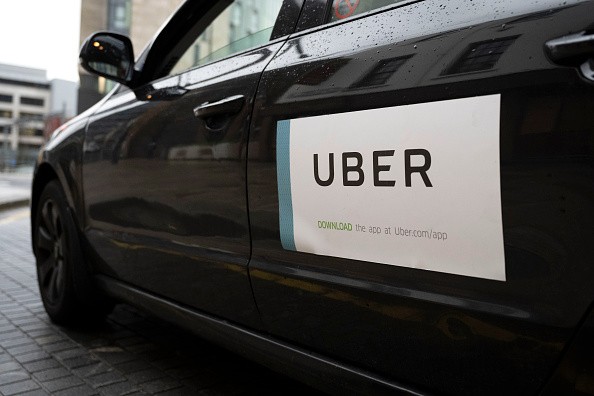
The Tanzania government reversed its 15% fee ceiling on e-hailing companies like Uber and Bolt less than a year after making the decision, denying drivers the chance to earn more.
In a notification published on December 30, 2022, the Land and Transport Regulatory Authority (LATRA) announced an increase in the charge from 20% to 25%, effective as of last Sunday, Jan. 15. This modification replaced the previous order given in March of last year, TechCrunch reported.
LATRA is in charge of establishing and approving pricing for the whole ridesharing industry.
Paused Services
In April of last year, Uber and its biggest competitor in Europe and Africa, Bolt, suspended several services on the arguments that lowering the commission on partners would reduce their revenues. Drivers, who had previously decried inadequate profits from the apps like their Kenyan counterparts, saw their salaries rise as a result of the reduced fee (from 25% to 15% commission fee).
After a little pause, Uber is back up and running in Tanzania.
TechCrunch has learned that Uber, temporarily suspended UberX, UberXL, and UberSave services in April 2022, has begun attempts to reinstate full operations as of Monday, Jan. 16. This follows Bolt, whose services were restored in October 2022.
Bolt's commission rate was 20%, whereas Uber's was 25%.
In their absence, domestic competitors Little (15% commission) and Ping entered the market.
According to Uber's East and West Africa head of communications, Lorraine Onduru, they had to make the tough choice to halt their activities in Tanzania. Apparently, the new regulations made it impossible for their company to function in the area.
"We have, since the pause, maintained our engagements with LATRA and other regulatory bodies in Tanzania as a show of our commitment to resume full operations in the market, providing drivers with an avenue to earn and riders, an enhanced mobility option," Onduru added.
Onduru also mentioned that they applaud the new price order issued by LATRA as they feel it would considerably assist in the growth and development of the ride-hailing business in Tanzania.
Service Restoration
Stakeholders, including Uber and Bolt representatives, agitated for a review of the tariffs. In September of last year, Tanzania announced that a compromise had been reached and the companies would restart operations, allowing the e-hailing services to relaunch.
A Bolt representative remarked that the main goal was to expand the emerging ride-hailing industry in the market. "Our efforts and engagements were aimed at ensuring an enabling regulatory environment for mobility services in Tanzania among drivers, vehicle owners, passengers, and ride-hailing operators."
The firm has resumed full services as of October 13, 2022.
Bolt has said that, in response to LATRA's ruling, it would shortly institute new pricing for passenger fares.
Following the implementation of new legislation last year, Kenya joined Tanzania in capping the commission at 18%. So far, the ride-hailing industry's efforts to get the new restrictions scrapped have failed.
Also Read : Southeast Asian Food Delivery Players Grab, GoTo Face Slump as Spending Growth Slows to Four-Year Low

ⓒ 2025 TECHTIMES.com All rights reserved. Do not reproduce without permission.




